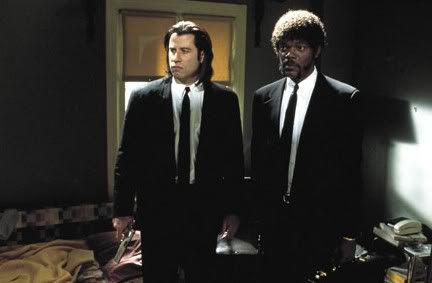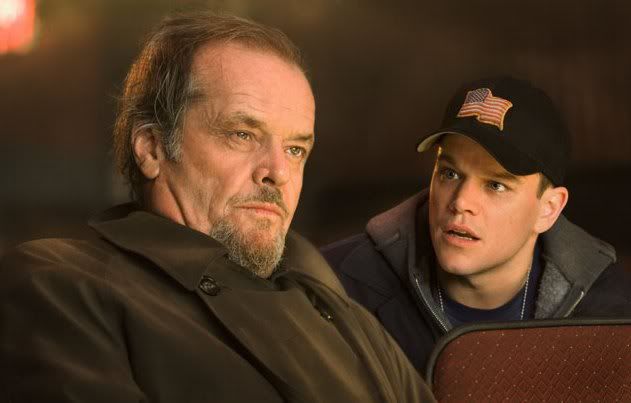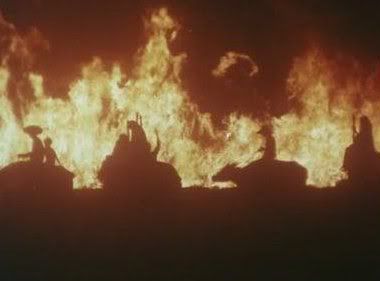
I have always been fond of Maricel Soriano’s acting range. Be it her occasional noisy self via her comedy films, usually with Roderick Paulate, William Martinez and Randy Santiago, or her truly intense side conveyed through her penetrating eyes, facial expressions and startling line deliveries. Here in Ishamel Bernal’s “Hinugot sa Langit” (written by Amado Lacuesta), the latter is in full display, and not just for show, but a beautiful character representation of a master’s vision of morality (and an adamant view of religious zealotry and hypocrisy) and how modern living, as what Amy Austria’s character Stella stated, requires it to be compromised.
At first glance, or specifically almost half-way into the film, it seems as if it is just a melodramatic story about a young woman named Carmen (played by Maricel Soriano) whose unexpected pregnancy (and worst of all, with a married man) unwillingly plunges her neck-deep in a narrow well filled with crucial choices, heavy-handed decisions and a brooding sense of social stigma. So the film's initial conflict is this: To abort or not? But then aside from that, the film gradually becomes denser in its thematic content. Tackling such themes as death, poverty and cynicism (the same ones that Ishmael Bernal has finely tackled in his masterpiece “City After Dark”), “Hinugot sa Langit” stopped from being a simple dramatic film and turned into yet another multi-faceted exploration of a Filipino society inflicted with distorted moral values, helpless lower class struggles and meaningless romantic flings.
Ishmael Bernal was able to create a perfectly contrasting balance between Carmen’s subdued yet panicky characterization and her cousin, Stella’s loquacious exterior and cynical pragmatism. Although the Stella character seems to be a bit clichéd in its depiction of a desensitized individual conforming herself with an immoral social stream, Amy Austria portrayed the character with a mark that is her own and, considering the moody atmosphere of the film both in cinematography and motifs, is the energetic center of the film that is also the closest thing “Hinugot sa Langit” can get to a slight comic relief.
And then there’s the legendary Charito Solis’ performance as Carmen’s overly religious landlady Juling (that also puts her in the ‘Alive! Alive!’ social stereotype) that evokes suggestive villainy out of her ‘not practicing what she preaches’ type of character arc. It’s also a pure breath of fresh air from her previous, though equally iconic, roles. From her past film projects prior to “Hinugot sa Langit”, she has played the titular “Ina, Kapatid, Anak” (along with Lolita Rodriguez), the martyr wife in “Kisapmata” and the former prostitute mother in “City After Dark”.
With her playing a role that is not an immediate kin to our main character, it exemplifies freshness in characterization and also puts a mysterious depth in her portrayal of a landlady that, in the first place, should have been very well detached emotionally from Carmen’s very personal life but instead slowly takes form that is akin to a possessive mother.
Aside from the unnecessarily happy ending that is a staple for run-of-the-mill Filipino melodramas, the film is a powerful meditation not just of abortion but the overall existential sprawl of social hardships and endless hypocrisy. But its hypocrisy, as what may be the common conception, doesn’t just root out from the film’s portrayal of religion.
There’s this powerful scene near the end of “Hinugot sa Langit” where Carmen, pounding and beating angrily at Mang David (the late Rey Ventura) after he stabbed Aling Juling, exclaimed “Wala kang karapatang pumatay!”, then cut to Carmen’s half-second facial shift from the one accusing to the one accused.
Through this important sequence, Bernal unearthed the sensitive subject of ‘murder’ both in its bloodily immediate connotation and its clinically-assisted one, brought it in an ambiguous light and never sided with any argumentative absolutes. Instead, the said scene puts a simple question in retrospect and symbolically shoves it in Carmen’s very face: “Look who’s talking?”










